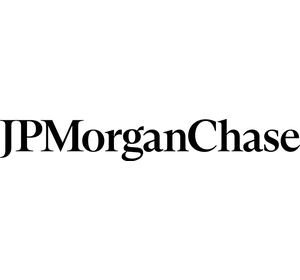$DBS $SGX $BABA
#Singapore #Finance #Investing #Regulation #Markets #China #FundManagers #Licensing #Stocks #Economy #Asia #QuantTrading
Singapore’s financial sector is facing a mounting backlog in processing fund management licence applications as a surge in demand overwhelms regulatory bodies. The increase in applications is largely attributed to an influx of quantitative (quant) trading firms from China seeking to establish operations overseas. These firms are reacting to stringent regulatory measures imposed by Beijing on domestic trading strategies, which have prompted many traders to explore alternative markets. The Monetary Authority of Singapore (MAS), known for its stringent approval processes, is now grappling with a high volume of applications, leading to wait times significantly longer than in previous years. Market analysts suggest that while the delay may slow the short-term growth of Singapore’s fund management sector, it ultimately reinforces the city-state’s reputation as a well-regulated and stable investment hub.
The movement of Chinese quant funds into Singapore underscores a broader trend of capital shifting away from China amid increasing regulatory pressures. In recent years, Beijing has cracked down on high-frequency trading activities, citing concerns about increased market volatility and systemic risks. As a result, Chinese quant funds, which rely on sophisticated algorithmic trading strategies, are looking to establish a presence in more favorable regulatory environments. Singapore, with its robust financial infrastructure and business-friendly policies, has naturally emerged as a key destination. However, the challenge lies in the city-state’s ability to handle the sheer volume of new entrants without compromising the integrity of its regulatory framework. The longer approval timelines could create hurdles for fund managers eager to deploy capital, but industry stakeholders believe that Singapore’s transparency and regulatory rigor will ultimately attract serious long-term investors.
The delays in obtaining fund management licences could have a ripple effect on market liquidity and trading activities within Singapore’s capital markets. Companies such as DBS Group Holdings ($DBS) and Singapore Exchange ($SGX), which play critical roles in the region’s financial ecosystem, may experience fluctuations in trading volumes as foreign quant firms wait to launch operations. Additionally, the impact extends beyond fund managers, affecting institutional investors and even retail traders who engage in markets where these firms contribute to price discovery and liquidity. While Singapore remains a top financial center in Asia, the regulatory bottleneck highlights the growing pains associated with its increasing appeal as a global investment hub. Some industry experts suggest that MAS may need to streamline its licensing process without compromising due diligence to maintain Singapore’s position as a premier destination for hedge funds and asset managers.
Despite short-term licensing challenges, Singapore continues to solidify its reputation as an attractive destination for global capital. Unlike China’s tightening grip on financial markets, Singapore provides a stable and reliable environment for institutional investors and hedge funds seeking regulatory certainty. The arrival of Chinese quant funds could enhance competition in Singapore’s fund management industry, fostering innovation and growth. Additionally, if these institutions successfully establish themselves in Singapore, they may drive demand for local financial services, benefiting major banks and brokerage firms. As the global investment landscape evolves, Singapore’s ability to balance regulatory oversight with efficiency will be key in maintaining its status as a top-tier financial hub. Meanwhile, the situation also serves as a reminder of how policy decisions in one major economy—such as China—can create cascading effects in financial centers worldwide.











Comments are closed.